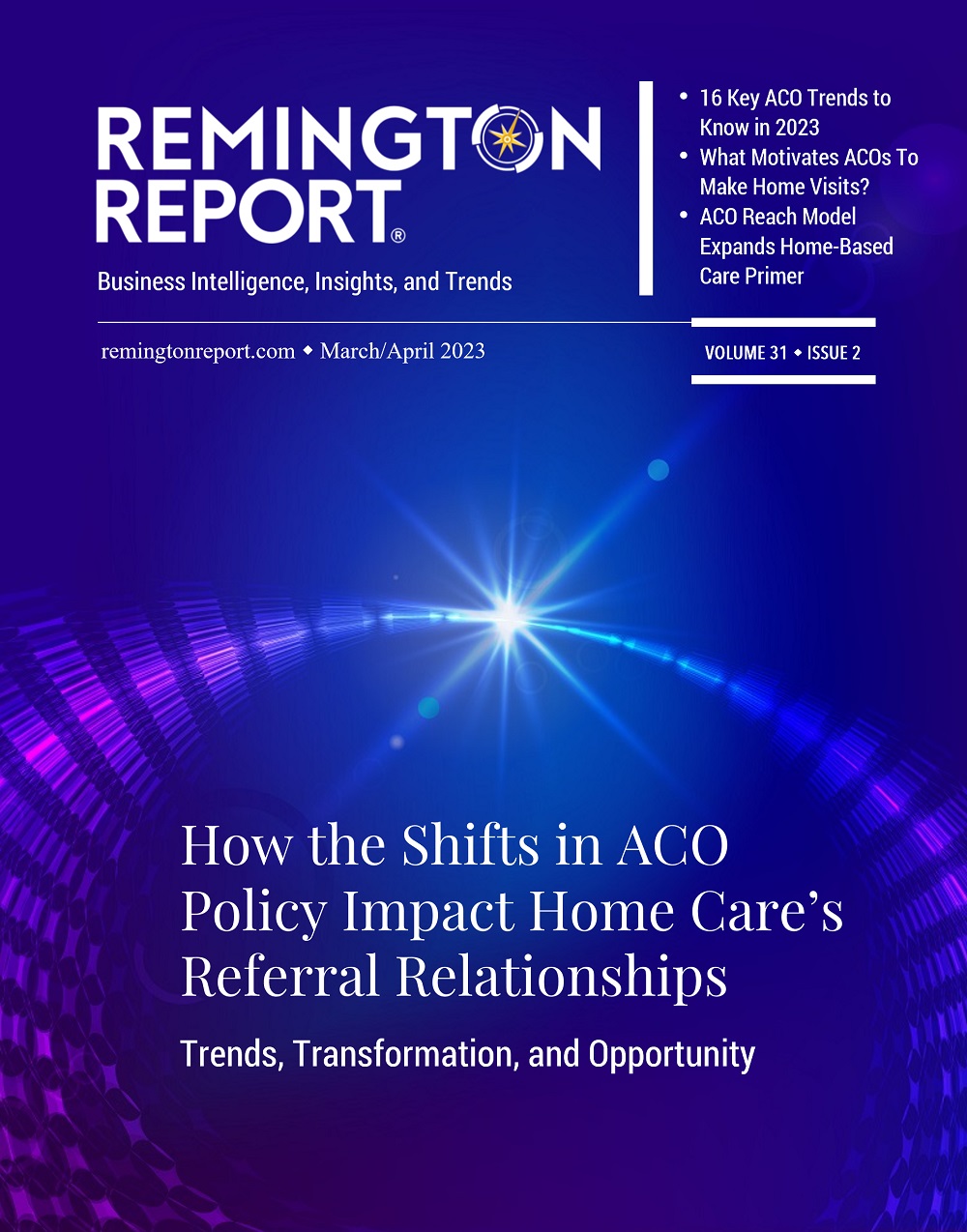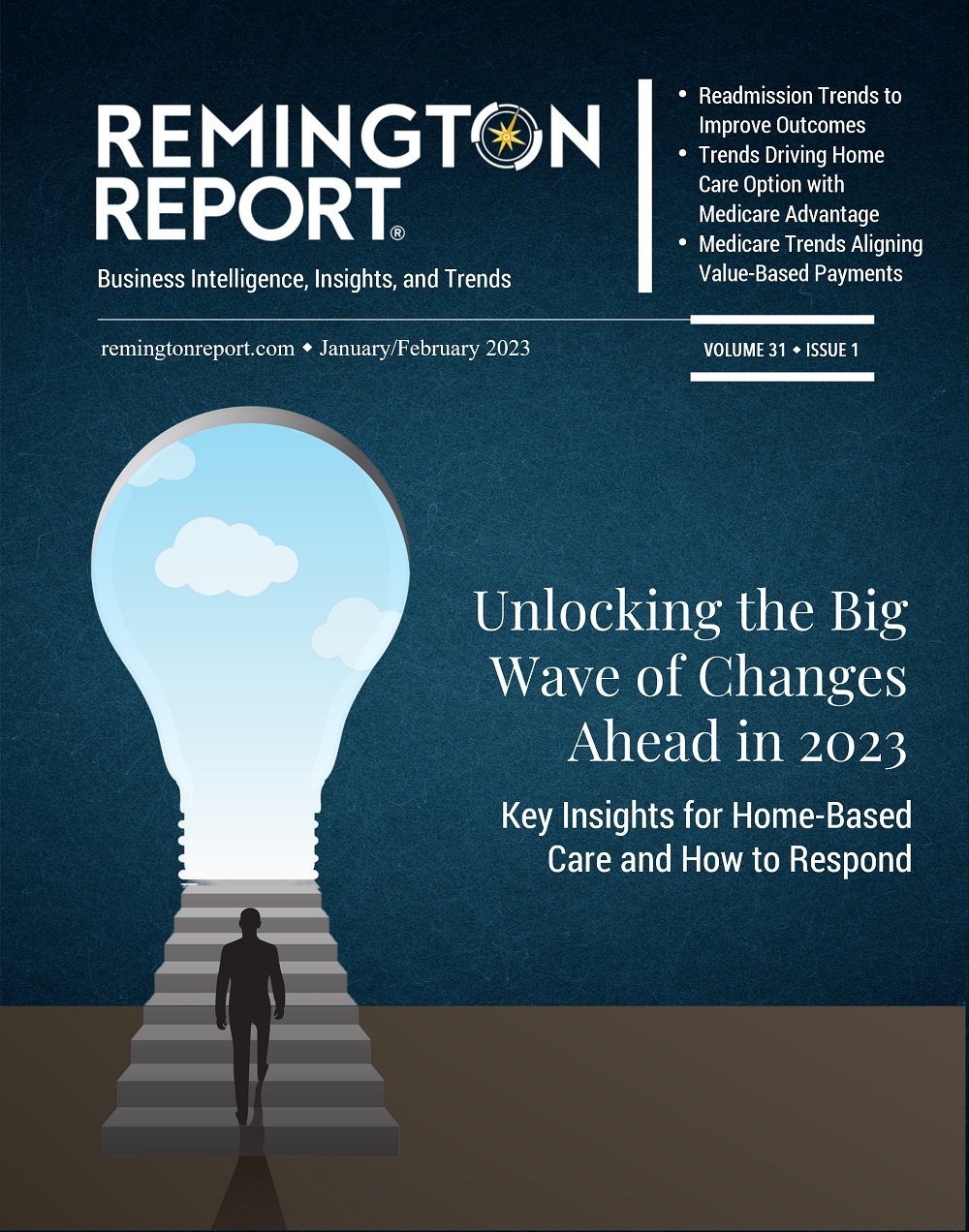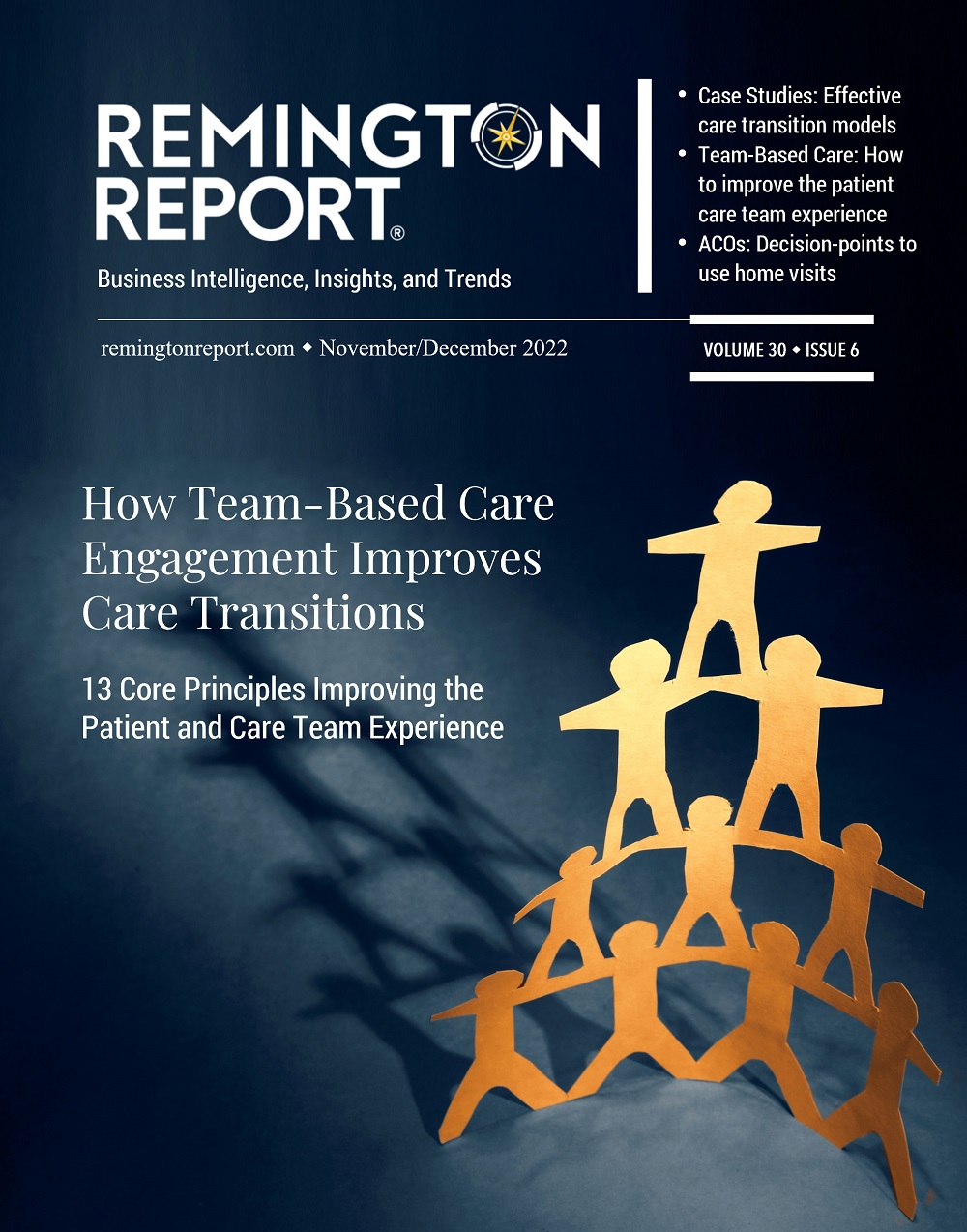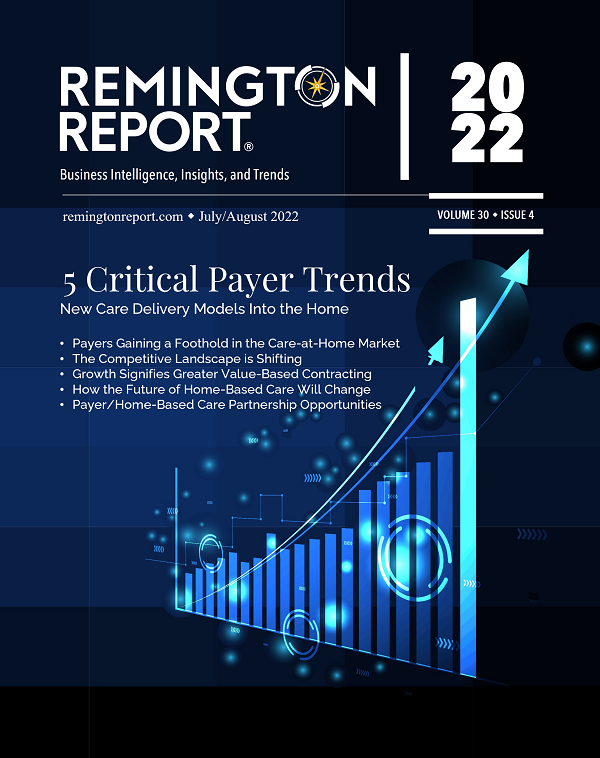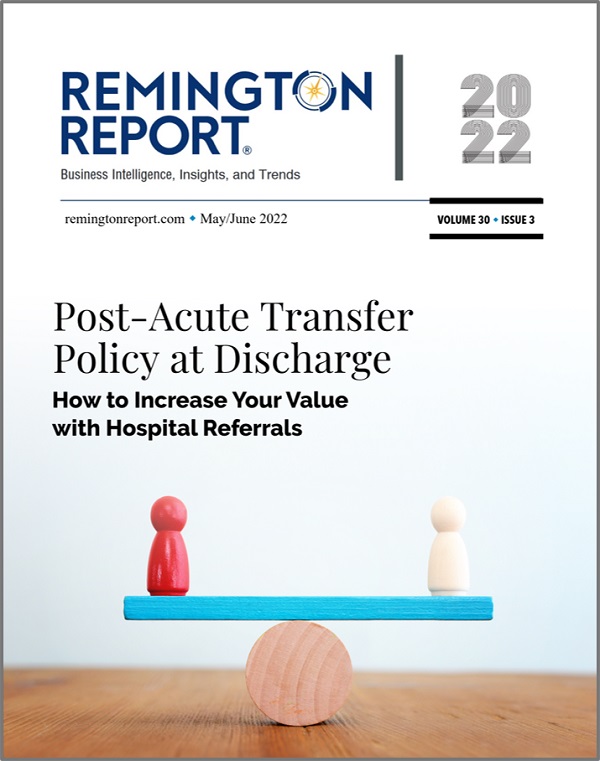5 Key Areas That Home-Based Care Organizations Could Assist in Discharge Planning
The HCAHPS (Hospital Consumer Assessment of Healthcare Providers and Systems) survey is a national, standardized, publicly reported survey of patient’s perspectives of hospital care.
Three broad goals have shaped HCAHPS:
- The survey is designed to produce data about patients’ perspectives of care that allow objective and meaningful comparisons of hospitals on topics that are important to consumers.
- Public reporting of the survey results creates new incentives for hospitals to improve the quality of care.
- Public reporting serves to enhance accountability in health care by increasing transparency of the quality of hospital care provided in return for public investment.
The HCAHPS survey asks discharged patients 29 questions about their recent hospital stay. The survey contains 19 core questions about critical aspects of patients’ hospital experiences (communication with nurses and doctors, the responsiveness of hospital staff, the cleanliness and quietness of the hospital environment, communication about medicines, discharge information, overall rating of the hospital, and would they recommend the hospital). The survey includes the following:
- Three items to direct patients to relevant questions.
- Five items to adjust for the mix of patients across hospitals.
- Two items that support Congressionally mandated reports.
Below are the 29 HCAHPS questions. We highlighted in red the five questions where home-based care organizations can assist with discharge planning.
What are the 29 HCAHPS Questions?
Your Care from Nurses
- During this hospital stay, how often did nurses treat you with courtesy and
- respect?
- During this hospital stay, how often did nurses listen carefully to you?
- During this hospital stay, how often did nurses explain things in a way you could understand?
- During this hospital stay, after you pressed the call button, how often did you get help as soon as you wanted it?
Your Care from Doctors
- During this hospital stay, how often did doctors treat you with courtesy and respect?
- During this hospital stay, how often did doctors listen carefully to you?
- During this hospital stay, how often did doctors explain things in a way you could understand?
The Hospital Environment
- During this hospital stay, how often were your room and bathroom kept clean?
- During this hospital stay, how often was the area around your room quiet at night?
Your Experiences in This Hospital
- During this hospital stay, did you need help from nurses or other hospital staff in getting to the bathroom or in using a bedpan?
- How often did you get help in getting to the bathroom or in using a bedpan as soon as you wanted?
- During this hospital stay, were you given any medicine that you had not taken before?
- Before giving you any new medicine, how often did hospital staff tell you what the medicine was for?
- Before giving you any new medicine, how often did hospital staff describe possible side effects in a way you could understand?
When You Left the Hospital
- After you left the hospital, did you go directly to your own home, to someone else’s home, or another health facility?
- During this hospital stay, did doctors, nurses, or other hospital staff talk with you about whether you would have the help you needed when you left the hospital?
- During this hospital stay, did you get information in writing about what symptoms or health problems to look out for after you left the hospital?
Overall Rating of the Hospital
- Using any number from 0 to 10, where 0 is the worst hospital possible and 10nis the best hospital possible, what number would you use to rate this hospital during your stay?
- Would you recommend this hospital to your friends and family?
Understanding Your Care
- During this hospital stay, staff took my preferences and those of my family or caregiver into account in deciding what my healthcare needs would be when I left.
- When I left the hospital, I had a good understanding of the things I was responsible for in managing my health.
- When I left the hospital, I clearly understood the purpose of taking each of my medications.
About You
- During this hospital stay, were you admitted to this hospital through the Emergency Room?
- In general, how would you rate your overall health?
- In general, how would you rate your overall mental or emotional health?
- What is the highest grade or level of school that you have completed?
- Are you of Spanish, Hispanic, or Latino origin or descent?
- What is your race? Please choose one or more.
- What language do you mainly speak at home?
Home-based care organizations can help hospitals with HCAHPS measures, although not all of them. Take, for example, communication with medicines and their care plans, understanding their care when they left the hospital (care transitions), or the share of patients who received discharge information. These are specific ways home-based organizations can partner with discharge planners to improve their HCAHPS scores.
Patient experience measures dropped a bit from 2017-2021, according to CMS’s summary of the HCAHPS report.

According to a study in JAMA Internal Medicine survey, patient education at the time of hospital discharge is critical for smooth care transitions. In this quality improvement study of 33 patients in 2 teaching hospitals, only one patient received counseling on six key discharge communication domains (medication changes, appointments, disease self-management, red flags, question solicitation, and teach-back). Attending physicians were in the patient room for a median of 3 minutes on the morning of discharge; interns, 4 minutes; and nurses, 22.5 minutes. Researchers say hospitals must improve their communication with patients leaving the hospital to ensure they understand their medications and care plan.
Researchers say that patients need more information than they are getting. The authors also point out that if patients don’t grasp their treatment plan before they leave the hospital, they could be admitted again if complications arise. That’s bad for patients, and it’s problematic for hospitals because they can face penalties from Medicare for high readmissions.
“These findings suggest that significant gaps occur in patient education on the morning of discharge and represent a target for interventions to decrease post hospital morbidity,” the authors wrote.
Patients infrequently received discharge education in key communication domains, potentially leaving gaps in patient knowledge. Interventions to improve the hospital discharge process should address the content, method of delivery, and transparency among team members regarding patient education.


